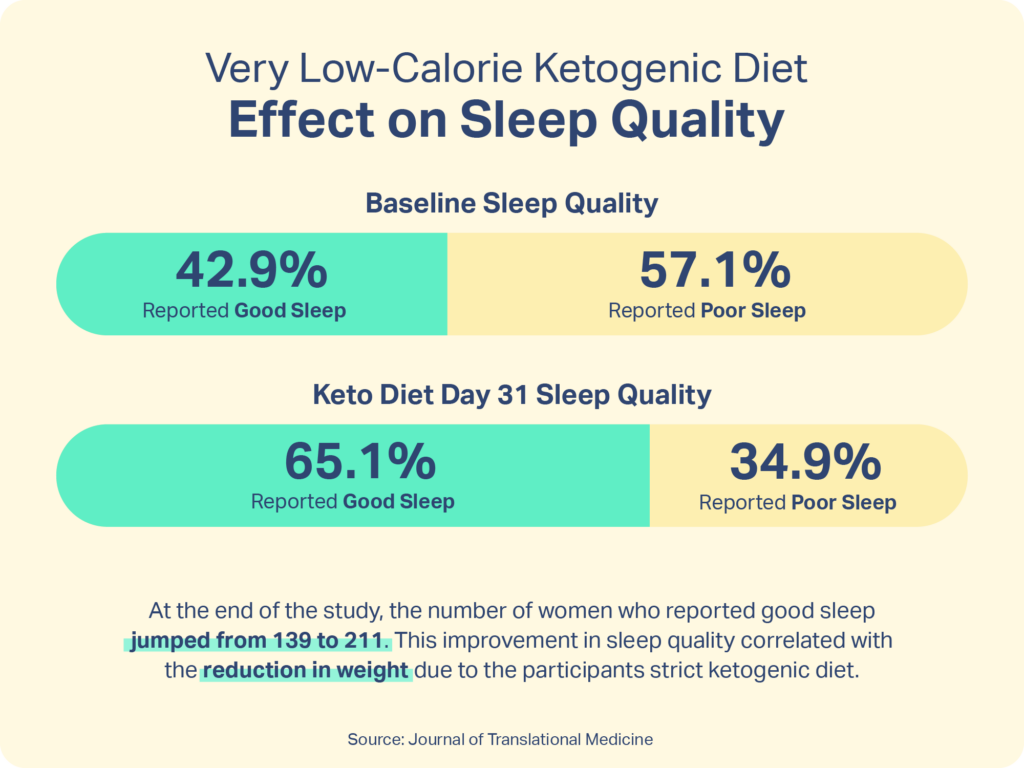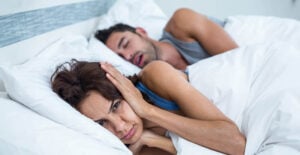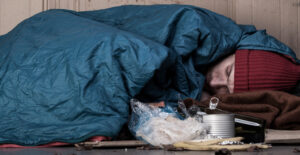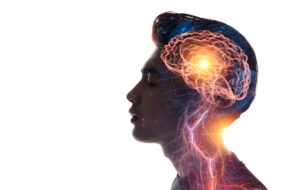Study Shows Keto Diet Can Help You Sleep Better

Could diet be the answer to your sleep woes? A new study by researchers in Italy offers some insights to this question.
The study, published in the Journal of Translational Medicine in July, looked at the relationship between the ketogenic diet and sleep . Specifically, the researchers studied the short-term effect of a very low-calorie ketogenic diet (VLCKD) and sleep quality for women who were determined to be overweight or obese.
Some prior research has examined how diet and nutrition can directly affect sleep. For example, foods high in tryptophan and melatonin have been found to promote sleep . In contrast, this new study evaluated the keto diet’s success in reducing body mass index (BMI), waist circumference and other weight-related measures, which can translate to better sleep.
The ketogenic diet, or “keto diet,” is one that is low in carbohydrates and high in fats, with moderate amounts of protein. The idea is that when the body has fewer carbs to convert to energy, it breaks down fat into ketones. Ketones replace carbs as the body’s primary source of fuel . In addition to limiting carbs and increasing fat and protein, a very low-calorie ketogenic diet restricts the total calories eaten to less than 800 daily .
Multiple studies have linked obesity and sleep quality, and people who are overweight are more likely to report trouble sleeping or insomnia . Being overweight also puts people at higher risk of obstructive sleep apnea (OSA) and can make OSA symptoms more severe.

The study on the ketogenic diet and sleep drew on previous research that suggested that being on a very low-calorie ketogenic diet can effectively manage obesity. Since the link between sleep quality and the ketogenic diet had yet to be well-studied, the study authors were motivated to examine this issue further.
For the study, 324 women who agreed to follow a very low-calorie keto diet for a month were assessed according to various factors, including nutritional status, body composition, and sleep quality. The study used the Pittsburgh Sleep Quality Index (PSQI), a questionnaire designed to measure sleep quality, over a month. Participants answered questions about how long and how well they sleep, how long it takes them to fall asleep, how often they wake during the night, the use of sleep medications, and more .

Findings from the study show that adopting a very low-calorie keto diet did lead to better slumber for participants in the study. After 31 days, they reported significant improvements across all measurements of sleep quality, which was generally linked to weight loss and other weight-related factors.
While the keto diet may work for some, it’s essential to understand its associated risks. In the short term, some people experience the “keto flu,” including headaches, fatigue, and stomach discomfort. Long-term health risks of the keto diet include kidney and liver problems and vitamin and nutrient deficiencies due to the keto diet’s restrictions on some foods like fruits and vegetables that are rich in vitamins and minerals.
Got a hot tip? Pitch us your story idea, share your expertise with SleepFoundation.org, or let us know about your sleep experiences right here.
Those with certain health conditions should be especially careful: the keto diet is not safe for people with pancreatic diseases, liver conditions, thyroid problems, gallbladder disease, or those who have had their gallbladders removed. It is also not recommended for pregnant people or those with a history of eating disorders. Always consult with your doctor before starting a new diet.
If you're ready for more, sign up to receive our email newsletter!
Thanks for the feedback - we're glad you found our work instructive!
Submitting your Answer...
References
6 Sources
-
Barrea, L., Verde, L., Di Lorenzo, C., Savastano, S., Colao, A., & Muscogiuri, G. (2023). Can the ketogenic diet improve our dreams? Effect of very low-calorie ketogenic diet (VLCKD) on sleep quality. Journal of Translational Medicine, 21(1).
https://translational-medicine.biomedcentral.com/articles/10.1186/s12967-023-04280-7 -
Zuraikat, F. M., Wood, R. A., Barragán, R., & St-Onge, M. P. (2021). Sleep and diet: Mounting evidence of a cyclical relationship. Annual Review of Nutrition, 41, 309–332.
https://pubmed.ncbi.nlm.nih.gov/34348025/ -
Gordon, B. (2019, May 15). What is the Ketogenic Diet? Eatright. Academy of Nutrition and Dietetics., Retrieved August 1, 2023, from
https://www.eatright.org/health/wellness/diet-trends/what-is-the-ketogenic-diet -
Muscogiuri, G., Barrea, L., Laudisio, D., Pugliese, G., Salzano, C., Savastano, S., & Colao, A. (2019). The management of very low-calorie ketogenic diet in obesity outpatient clinic: a practical guide. Journal of Translational Medicine, 17(1).
https://translational-medicine.biomedcentral.com/articles/10.1186/s12967-019-2104-z -
Pearson, N. J., Johnson, L. L., & Nahin, R. L. (2006). Insomnia, trouble sleeping, and complementary and alternative medicine: Analysis of the 2002 national health interview survey data. Archives of internal medicine, 166(16), 1775–1782.
http://archinte.jamanetwork.com/article.aspx?doi=10.1001/archinte.166.16.1775 -
Buysse, D. J., Reynolds, C. F., 3rd, Monk, T. H., Berman, S. R., & Kupfer, D. J. (1989). The Pittsburgh Sleep Quality Index: a new instrument for psychiatric practice and research. Psychiatry research, 28(2), 193–213.
https://pubmed.ncbi.nlm.nih.gov/2748771/













































































































































